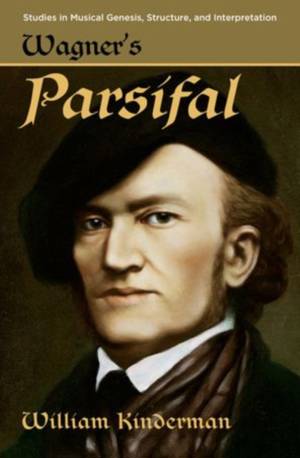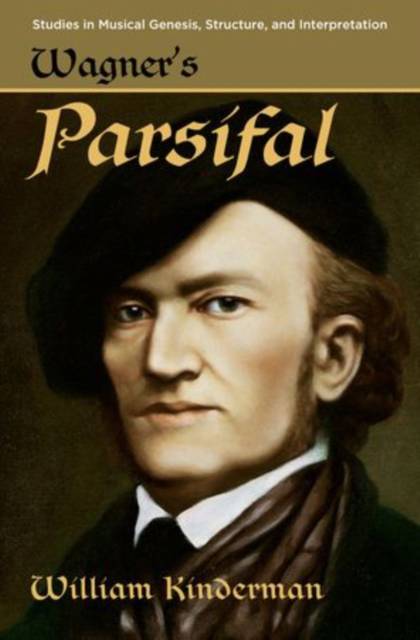
Bedankt voor het vertrouwen het afgelopen jaar! Om jou te bedanken bieden we GRATIS verzending (in België) aan op alles gedurende de hele maand januari.
- Afhalen na 1 uur in een winkel met voorraad
- In januari gratis thuislevering in België
- Ruim aanbod met 7 miljoen producten
Bedankt voor het vertrouwen het afgelopen jaar! Om jou te bedanken bieden we GRATIS verzending (in België) aan op alles gedurende de hele maand januari.
- Afhalen na 1 uur in een winkel met voorraad
- In januari gratis thuislevering in België
- Ruim aanbod met 7 miljoen producten
Zoeken
Wagner's Parsifal
William (Professor of Musicology, Professor of Musicology, Unive
€ 174,95
+ 349 punten
Omschrijving
William Kinderman's detailed study of Parsifal, described by the composer as his "last card," explores the evolution of the text and music of this inexhaustible yet highly controversial music drama across Wagner's entire career.
Specificaties
Betrokkenen
- Auteur(s):
- Uitgeverij:
Inhoud
- Aantal bladzijden:
- 336
- Taal:
- Engels
- Reeks:
Eigenschappen
- Productcode (EAN):
- 9780195366921
- Verschijningsdatum:
- 15/08/2013
- Uitvoering:
- Hardcover
- Afmetingen:
- 167 mm x 238 mm
- Gewicht:
- 630 g

Alleen bij Standaard Boekhandel
+ 349 punten op je klantenkaart van Standaard Boekhandel
Beoordelingen
We publiceren alleen reviews die voldoen aan de voorwaarden voor reviews. Bekijk onze voorwaarden voor reviews.









